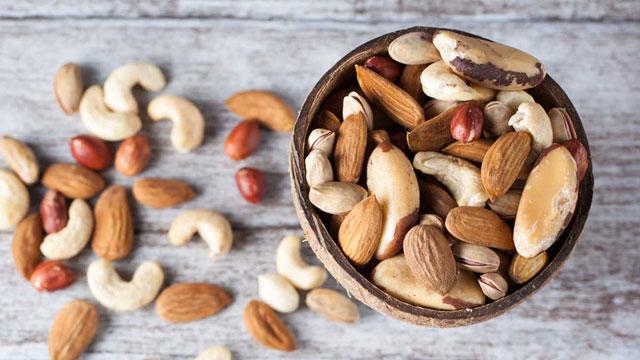You are here
Without heart disease, sodium may not be so bad
By Reuters - Aug 30,2018 - Last updated at Aug 30,2018

Photo courtesy of wordpress.com
Moderate consumption of sodium may not affect the risk for cardiovascular problems in people without heart disease, a 21-country study suggests.
Researchers tracked nearly 96,000 adults without heart disease for an average of eight years. Even when people consumed more than double the recommended limit of two grams of sodium per day, they did not have a higher risk of serious cardiovascular events like heart attack, stroke or death.
The exception was in China. There, in 80 per cent of communities, the average sodium intake was nearly three times the two-gramme limit. Consuming that much was linked to a small increased stroke risk, the study team reports in The Lancet.
“In the study of 255 communities around the world on five continents, we found that sodium is not associated with major cardiovascular disease or mortality. In fact, there’s an inverse association with all-cause mortality, so higher sodium [was] related to lower mortality,” lead author Andrew Mente of McMaster University in Hamilton, Ontario, said in a phone interview.
The positive link between sodium and stroke was seen only at very high levels of sodium, above five grams per day, Mente said.
The American Heart Association recommends no more than 1.5 grams of sodium per day for people at risk for heart disease. To prevent heart disease, the World Health Organisation (WHO) recommends a limit of two grammes of sodium daily, which is the amount in roughly one teaspoon of salt.
Mente’s team analysed data on adults ages 35 to 70 in high-, middle- and low-income countries.
In 80 per cent of countries, half of the people consumed an average three grammes to five grammes of sodium per day. But only at the highest end of that range was each additional gram of sodium linked to an increase in systolic blood pressure of three millimetres of mercury (mm/Hg). (Systolic pressure, the “top” number, reflects pressure in blood vessels when the heart beats.)
Sodium intake was associated with major cardiovascular events only in communities where half of the people consumed at least 5.75mg per day. But even here, the association was not statistically significant, meaning the results could have been due to chance.
“Outside China, most [communities] fall in that three-to-five gramme per day range,” Mente said. “In that moderate range, we find no relationship between sodium and any clinical outcome or mortality.”
“Certainly, we need to target communities like in China who are at very high levels of sodium [but in] most other parts of the world, most of whom are already at moderate levels, lowering their sodium further [would not benefit them] and in fact may even result in harm,” Mente said.
It is better to focus on improving diet quality rather than focusing on a single nutrient like sodium, he noted.
The study team did find that in all countries, the risk of cardiovascular events decreased as potassium intake increased.
Potassium-rich foods include fruits and vegetables, nuts and seeds, potatoes and dairy products, Mente said.
Related Articles
Across the world, the excessive consumption of sodium — hiding in breads, soups and snack foods and beckoning from salt shakers everywhere — is the cause of some 1.65 million deaths by heart disease and strokes yearly, including roughly 667,000 “premature” deaths — those before the age of 70 — says a comprehensive new study.
People who eat a vegetarian diet tend to have lower blood pressure than non-vegetarians, according to a new review of past studies.
People who regularly eat a variety of nuts including walnuts, peanuts and tree nuts may be less likely to develop heart disease than individ














